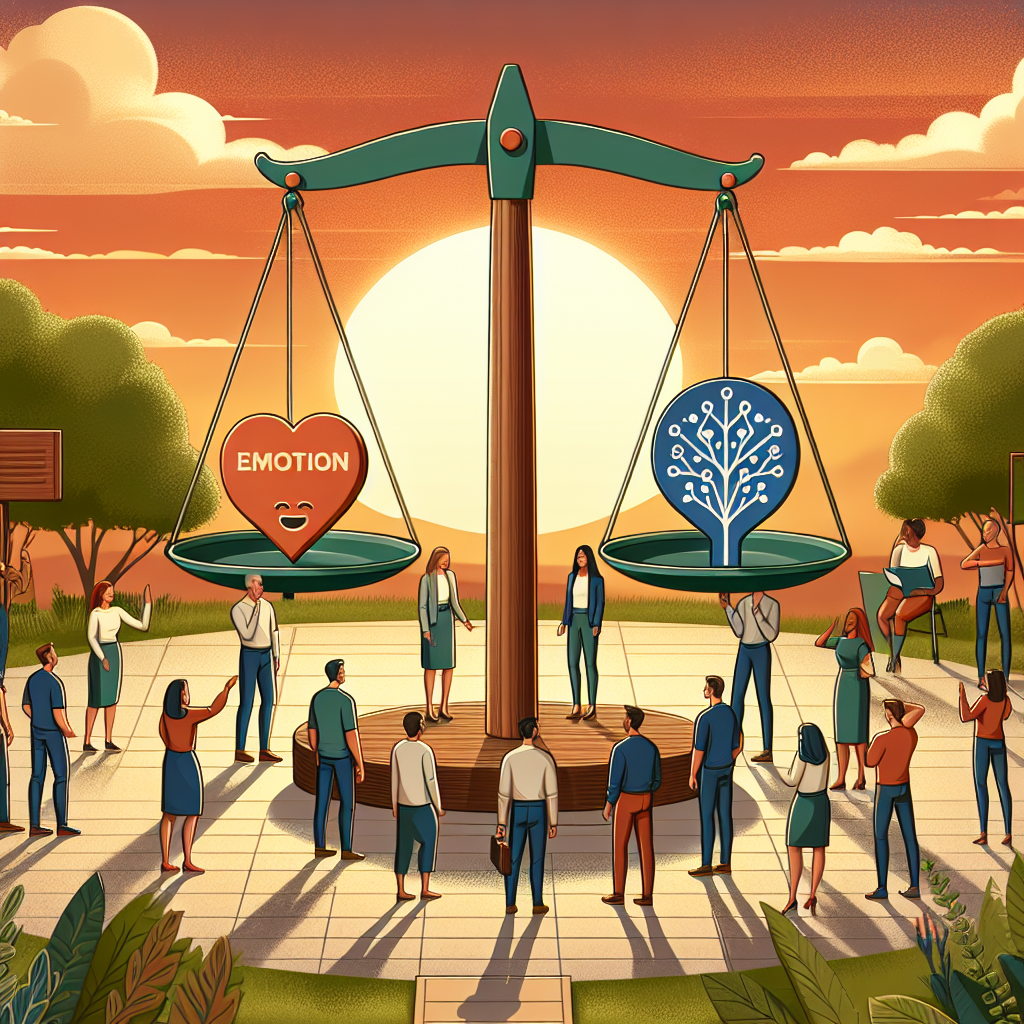The importance of emotional regulation in maintaining mental well-being
Emotions are an integral part of human experience, shaping our thoughts, behaviors, and overall mental well-being. However, unregulated emotions can lead to significant disruptions in our lives, affecting our relationships, work performance, and overall mental health. Emotional regulation refers to the ability to manage and control our emotions effectively, allowing us to respond to challenges and stressors in a healthy and adaptive way. In this article, we will explore the importance of emotional regulation in maintaining mental well-being and provide strategies for improving this essential skill.
Emotional regulation and mental well-being
Emotional regulation plays a crucial role in maintaining mental well-being. When we are able to effectively manage our emotions, we are better equipped to cope with stress, adversity, and the ups and downs of daily life. Research has shown that individuals who struggle with emotional regulation are more likely to experience symptoms of anxiety, depression, and other mental health disorders. Additionally, difficulties with emotional regulation have been linked to relationship problems, impulsivity, and substance abuse.
On the other hand, individuals who are adept at regulating their emotions tend to have better mental health outcomes. They are more resilient in the face of challenges, have stronger interpersonal relationships, and are better able to achieve their goals. Emotional regulation is a key component of emotional intelligence, which is associated with higher levels of psychological well-being and overall life satisfaction.
Strategies for improving emotional regulation
Fortunately, emotional regulation is a skill that can be learned and developed over time. There are several strategies that can help improve emotional regulation and enhance mental well-being. Some of these strategies include:
1. Mindfulness practices: Mindfulness involves paying attention to the present moment without judgment. Mindfulness techniques, such as deep breathing, body scans, and meditation, can help individuals become more aware of their emotions and respond to them in a non-reactive manner.
2. Cognitive-behavioral therapy (CBT): CBT is a type of therapy that helps individuals identify and change negative thought patterns and behaviors. By challenging irrational beliefs and replacing them with more adaptive thoughts, individuals can improve their emotional regulation skills and reduce symptoms of anxiety and depression.
3. Engaging in physical activity: Regular exercise has been shown to have a positive impact on mood and emotional well-being. Physical activity releases endorphins, which are neurotransmitters that help regulate emotions and reduce stress.
4. Seeking social support: Connecting with others and sharing our emotions can help us feel heard, understood, and supported. Building strong relationships with family, friends, and professional supports can enhance emotional regulation and overall mental well-being.
5. Practicing self-care: Taking care of ourselves physically, emotionally, and mentally is essential for maintaining optimal well-being. Engaging in activities that bring joy, relaxation, and fulfillment can help regulate emotions and reduce stress.
FAQs about emotional regulation
Q: What are the signs of poor emotional regulation?
A: Signs of poor emotional regulation may include difficulty managing stress, frequent mood swings, impulsivity, irritability, and problems with anger management.
Q: Can emotional regulation be improved?
A: Yes, emotional regulation is a skill that can be learned and developed through self-awareness, practice, and the implementation of coping strategies.
Q: How can I teach my children to regulate their emotions?
A: Teaching children emotional regulation involves modeling healthy emotional expression, validating their feelings, and providing them with tools and strategies to cope with difficult emotions.
Q: Are there any professional treatments for improving emotional regulation?
A: Yes, cognitive-behavioral therapy (CBT) and dialectical behavior therapy (DBT) are evidence-based treatments that can help individuals improve their emotional regulation skills.
Q: How long does it take to see improvements in emotional regulation?
A: Improvements in emotional regulation can vary depending on the individual and the techniques used. With consistent practice and dedication, individuals may begin to see improvements in as little as a few weeks to several months.
In conclusion, emotional regulation is a vital skill for maintaining mental well-being. By learning to manage and control our emotions effectively, we can enhance our resilience, cope with stress, and improve our overall quality of life. Through mindfulness practices, therapy, physical activity, social support, and self-care, individuals can develop the tools and strategies needed to regulate their emotions and achieve optimal mental health. If you are struggling with emotional regulation, consider seeking support from a mental health professional who can help you develop the skills needed to thrive.




Leave A Comment